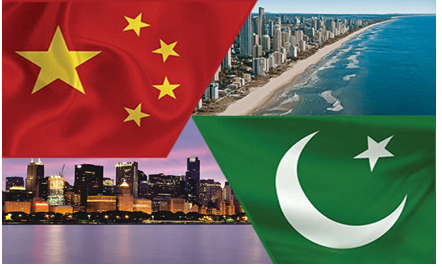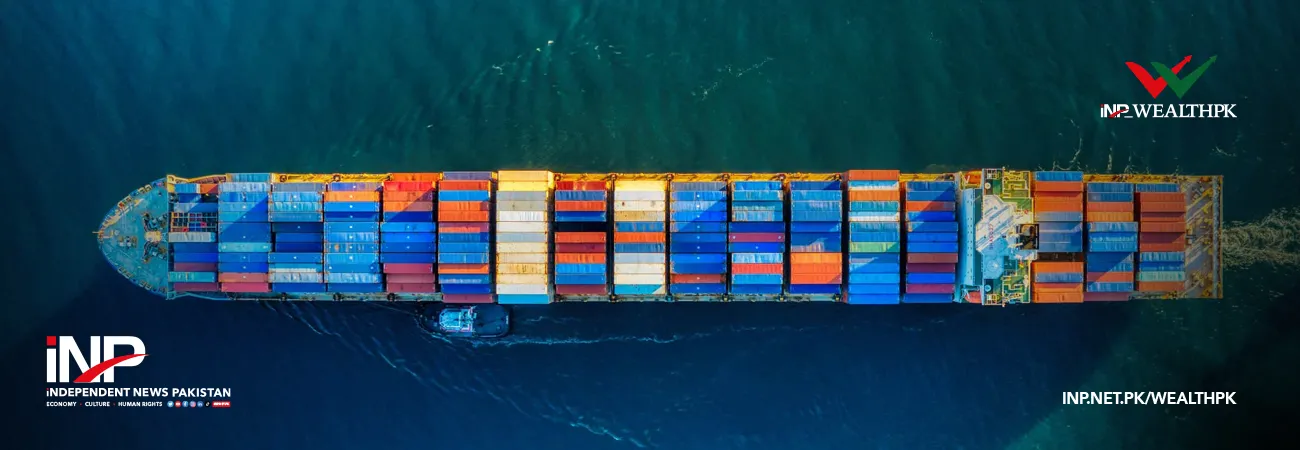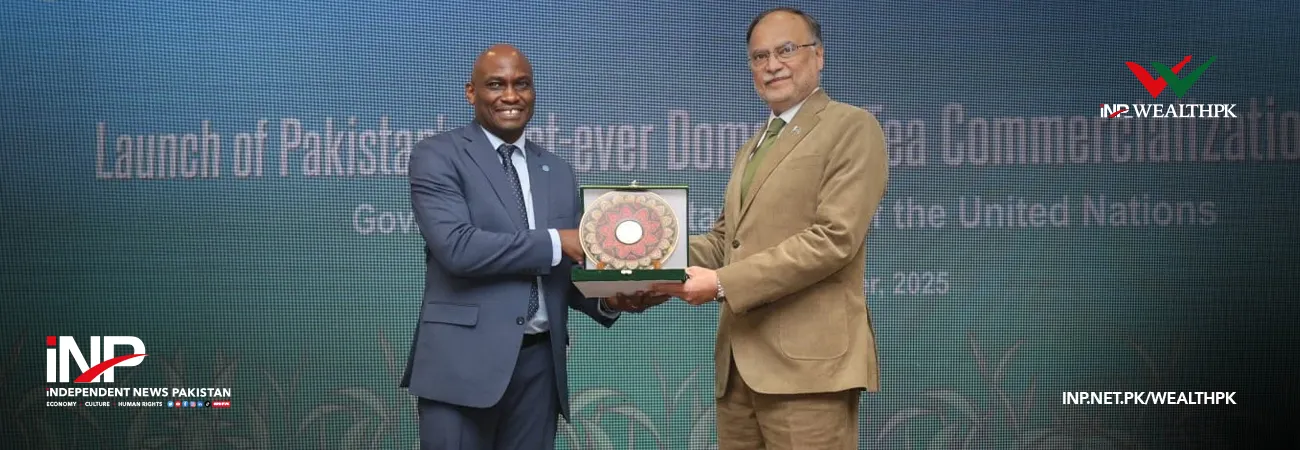INP-WealthPk
Ayesha Saba
The Special Economic Zones could become engines of export growth and drive industrial modernisation if the private sector is allowed to take a leading role in their management.

“Such a model not only promises better outcomes in terms of investment and job creation but also positions Pakistan more competitively in the regional and global economic landscape,” emphasised Asim Raza, trade and investment analyst at the Trade Development Authority of Pakistan (TDAP).
In an interview with WealthPK, he said the primary objective of SEZs is to create enclaves of industrial efficiency where businesses can operate with minimal regulatory hurdles, tax incentives, and world-class infrastructure. “However, Pakistan’s SEZs have struggled to meet expectations due to excessive government control, delayed approvals, and a lack of investor-friendly policies.”
He said SEZs should function like autonomous business entities, not extensions of government departments. “The government’s role should be limited to policy facilitation, security, and ensuring provision of utilities, not day-to-day administration.”
Raza further said that China’s Shenzhen SEZ stands out as a testament to what private-led management can achieve. “From a modest town, Shenzhen has evolved into a global manufacturing and technology powerhouse because of its business-friendly environment, streamlined governance, and private sector dynamism. Pakistan, however, has been slow in replicating this success. The fear of losing control has made the government hesitant to fully empower private managers, but this very hesitation is costing us growth,” he noted.
“Investors want quick decision-making, flexible labour laws, and hassle-free land acquisition — all of which are better handled by private operators,” Raza emphasised.
Beyond CPEC, he stressed that Pakistan must position its SEZs as export-oriented hubs integrated with regional and global markets. “Countries like Bangladesh and Vietnam have surged ahead in exports by leveraging private sector-led industrial zones that respond swiftly to international demand.
Pakistan’s textile, automotive, and IT sectors have immense potential, but they need an ecosystem where they can thrive without bureaucratic delays,” Raza underscored.
“Privately-managed SEZs can tailor incentives, provide plug-and-play facilities, and forge international partnerships more effectively than government-run setups,” he asserted.
“However, transitioning to a private-led model requires careful structuring to prevent malpractice. Transparent bidding processes, performance-based contracts, and regulatory oversight will be essential to ensure accountability. The government must set clear key performance indicators for private operators, such as employment generation, export targets, and FDI inflows, to ensure national economic objectives are met,” the TDAP trade and investment analyst suggested.
Credit: INP-WealthPk













